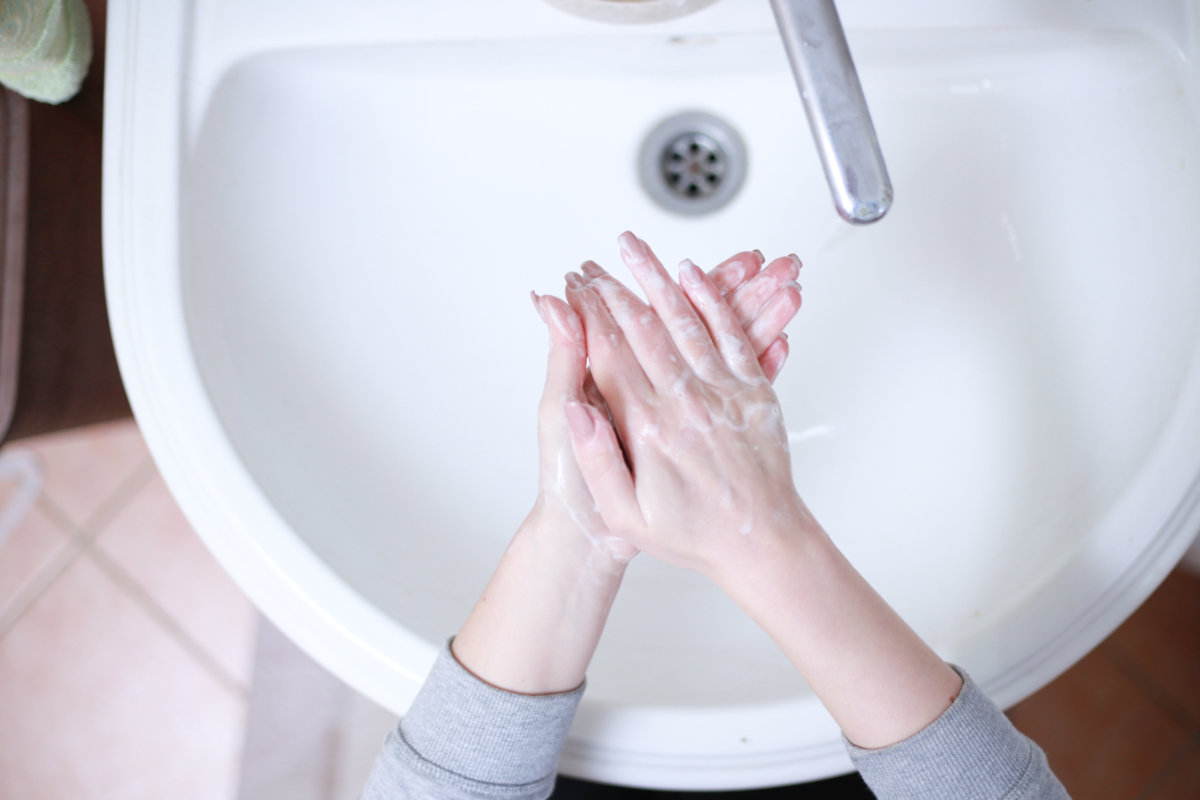We’ve all got used to washing or sanitising our hands regularly for at least 20 seconds, both at home and outdoors – and now caring for our frequently washed hands is now something many of us are considering.
Frequently washing & using hand gels can cause dry hands
Hand washing is crucial to prevent the spread of infection, but frequent contact with water and use of soap, alcohol hand gel and other detergents can cause your hands to become very dry.
Tips to care for frequently washed hands
Here are some tips to help you to reduce the impact on your skin of frequent handwashing:
- Wash hands in line with government guidance, using soap and water if possible.
- After washing, dry your hands fully by patting them dry, not rubbing.
- A moisturising hand cream will help preserve the outer layer of the skin, locking moisture inside and keeping the hands soft and supple. Use the hand cream generously after washing and whenever the skin feels dry.
Try overnight moisturising to care for very dry hands
If your hands become very dry, you may find it helpful to try overnight moisturising. Apply a generous layer of a moisturising hand cream just before you go to bed, then put on a pair of clean cotton gloves and leave overnight.
Household gloves help protect skin against irritants
Wear household gloves when your hands are going to come into contact with water or detergents, such as when washing up, shampooing a child’s hair, or using cleaning products) If you’re allergic to latex, try nitrile gloves, which you can by online or from pharmacies.
It’s important to prevent the skin of your hands becoming very dry to prevent irritant contact dermatitis – a form of eczema – or make existing dermatitis worse. Irritant contact dermatitis can cause the skin to itch, become sore and red, and develop small blisters or painful cracks. You may be particularly susceptible to this if you already have dry skin.
Seek medical advice if you develop severe dermatitis
If you develop severe hand dermatitis or your skin looks infected check with your GP. You may need prescription treatments to deal with the problem.

